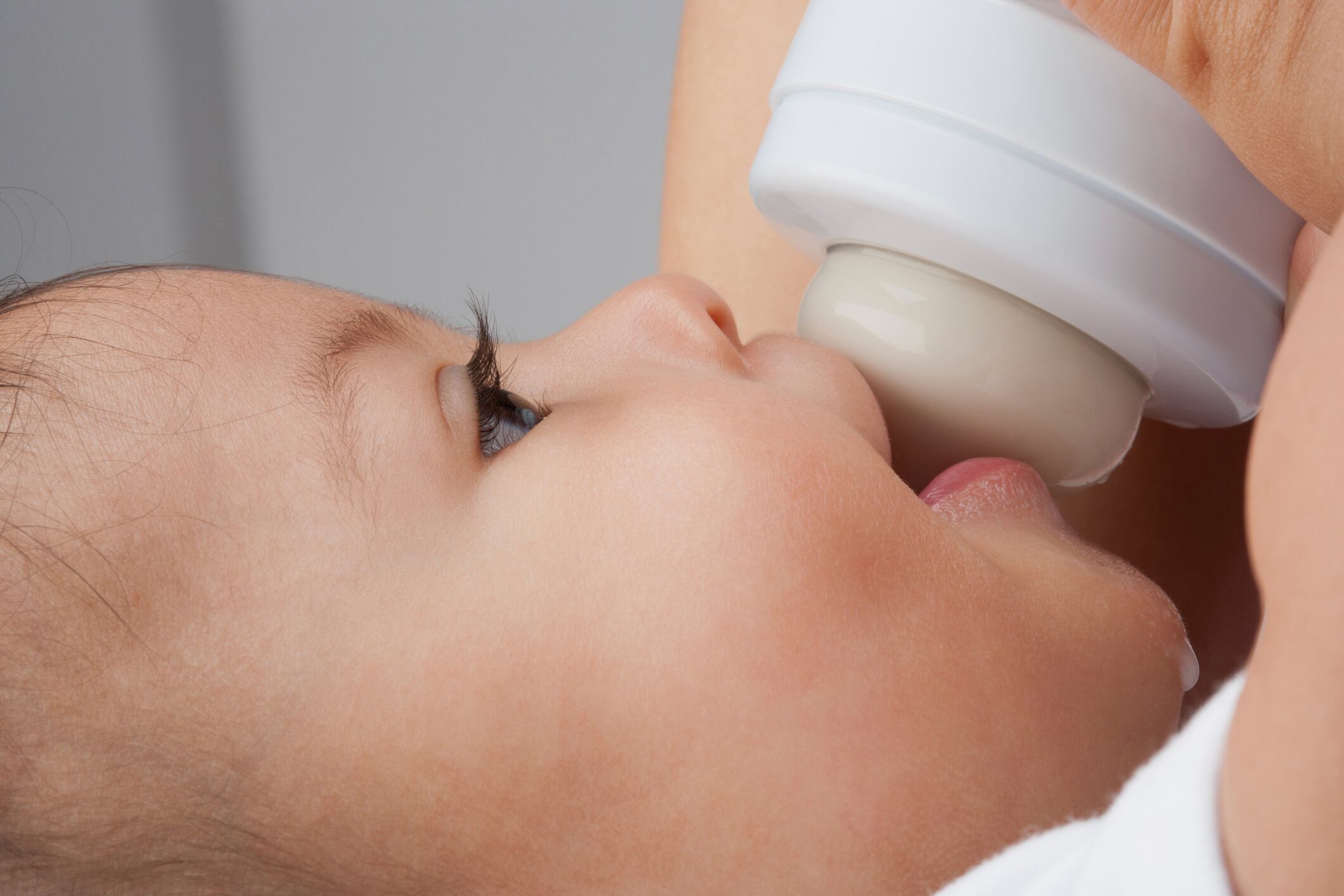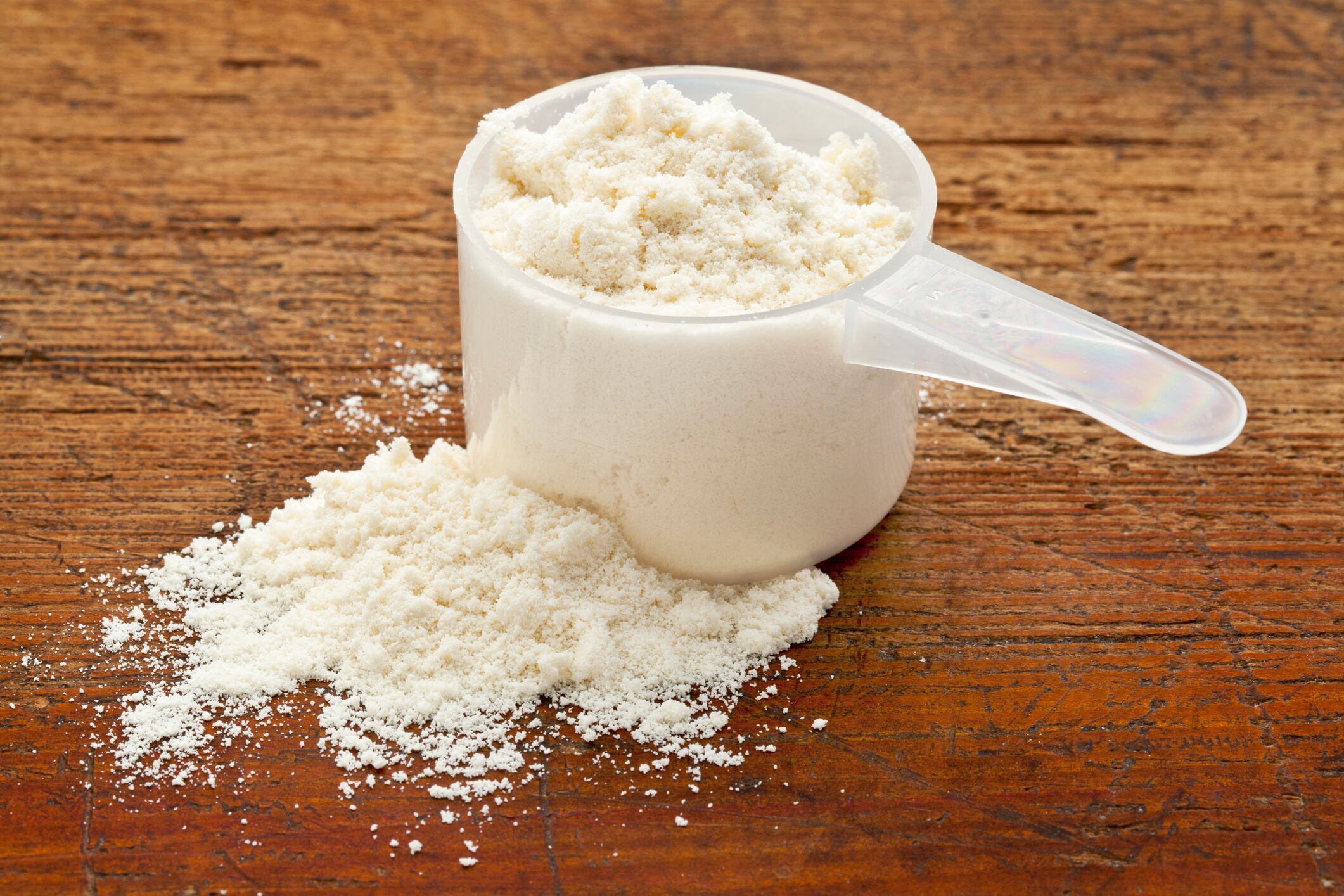Dr. Jessica Rothstein from the John Hopkins Bloomberg School of Public Health in Baltimore, USA has been conducting research in the peri-urban district of Lima, Peru since 2016 looking at illness and health issues facing populations. As part of this cohort study, Rothstein turned to investigate more specifically how the health sector was influencing use of infant formula in the region, findings of which were recently published in Social Science & Medicine.
“I noticed that there were high rates of formula use, which came as a surprise because Peru is generally seen as kind of a success story for exclusive breastfeeding in the public health world. So, the main question was: what are the determinants of these high rates of formula use?” Rothstein told NutraIngredients-LATAM.
“In this study, we looked at both quantitative and qualitative data and I'd say our main findings were that the biggest influence on mothers' infant feeding decisions was information they were receiving from their doctors. And so then, we looked a little bit beyond that, shaping how doctors are presenting formula and then how this is translating into these positive attitudes about formula among mothers.”
Peru, like many parts of the world, has regulations in place under the World Health Organization's (WHO) International Code of Marketing of Breastmilk Substitutes that stipulates breastfeeding must be protected and promoted and if breast-milk substitutes are necessary adequate information and appropriate marketing and distribution must ensure proper use.
Infant formula prescriptions – 'a big impact on mothers'
Rothstein said findings of the study in peri-urban Lima showed “pretty high rates” of doctors either recommending formula or “even going as far as prescribing formula”.
“There were cases where we know it wasn't a medically indicated need for formula, because these mothers were all breastfeeding,” she said. “...I was surprised that these doctors would write these prescriptions. I really think the doctors didn't fully understand the implications of writing down a formula name on a prescription. When a doctor writes something, it means 'your child needs this to be healthy' – there was a big impact on mothers. It went beyond just these verbal recommendations to these written prescriptions that had a really big role in mothers' decision-making.”
Such strong messages from doctors, she said, easily destabilized mothers in the community and caused many to unnecessarily turn to formula. “If it continues to go unchecked, it could be a growing threat for these mothers.”
Rothstein said many of these mothers were impoverished and couldn't afford to continue with formula long-term. “There are unforeseen consequences of a doctor mentioning formula,” she said. For example, in “a lot of cases” mothers switched back to cow's milk before their infant was six months due to costs – findings set to be published in an upcoming paper, currently under peer-review, she said.
Use of formula also carried contamination risks given most households lacked clean water access or refrigerators – another angle investigated in Rothstein's earlier paper.
Industry involvement? There are 'ethical quandaries'
The goal of the current study, Rothstein said, was to consider the wider picture of high formula rates although particular interest had been sparked by interviews with medical professionals in the region who were “pretty forthcoming about visits they were receiving from industry representatives”.
“...My interviews really show that there were these ethical quandaries in these interactions,” she said.
Exerts of interviews with health providers suggested doctors received bonuses and incentives for every formula sale – through subsidized courses, conferences or scientific trips – and that industry representatives left brochures and a range of formula samples for medical professionals to distribute directly with patients.
Rothstein said a particular surprise was the regularity of these visits and that representatives were visiting smaller community centers and health posts, not just larger hospitals.
Asked what her message to the infant formula industry would be in light of these findings, Rothstein said: “The regulations that have been put in place from a global health perspective are there for a reason (…) So, I would want people to sit back and think about these things and remember that. I know industry need to be making their profit but focus on where their products really are needed, rather than just trying to get into a more general market.”
She said the aim of her work wasn't to demonize the formula industry, rather make clear “the risks involved when formula is being unnecessarily pushed or recommended on more vulnerable communities”.
She acknowledged one of the study's limitations was that the team hadn't conducted interviews with industry representatives nor had they observed interactions directly – something she would like to do in the future. “In an ideal study, it would have been spending hours upon hours in the health facility being able to really observe what is going on, but this is part of larger study.”
NutraIngredients-LATAM has spoken to Nestlé and Reckitt Benckiser in response to this study – two major infant formula companies implicated through their NAN, S-26 and Enfamil brands. Their responses can he found HERE.
Better monitoring, law enforcement and education
Overall, Rothstein said more had to be done to enforce and monitor legislation in Peru, ideally through an independent system. Education among health professionals also had to be improved, as well as among in the communities themselves.
“An important thing is for the Ministries of Health in Peru to realize this battle isn't over. Sometimes countries can become, maybe, complacent. You see from these health surveys that there are higher rates of breastfeeding than a few years ago, so maybe the finite resources should be put towards other health problems. But what I hope would be the main message of our study is you can't become complacent because industry threats are going to continue.”
Rothstein said the wider Latin America region also had to take note.
“I am very confident this is a broader issue that is occurring in other parts of Latin America and very heavily in South Asia. I do feel confident in saying that – even in the study, I've referenced several other papers that have documented similar practices in other places (…) In these countries where there aren't stable systems and there's a lot of corruption, it's very hard to enforce international guidelines. I think this is a rising threat. We are going to see it increasing in the future; the marketing budgets of the formula industry will rise in some countries and I think it's important to make sure that marketing is spent in areas where people could really benefit from it, rather than where it's going to destabilize families.”



